Best supplements for sleep – why they work and the different types to try
These supplements for sleep could be the natural cure you need...
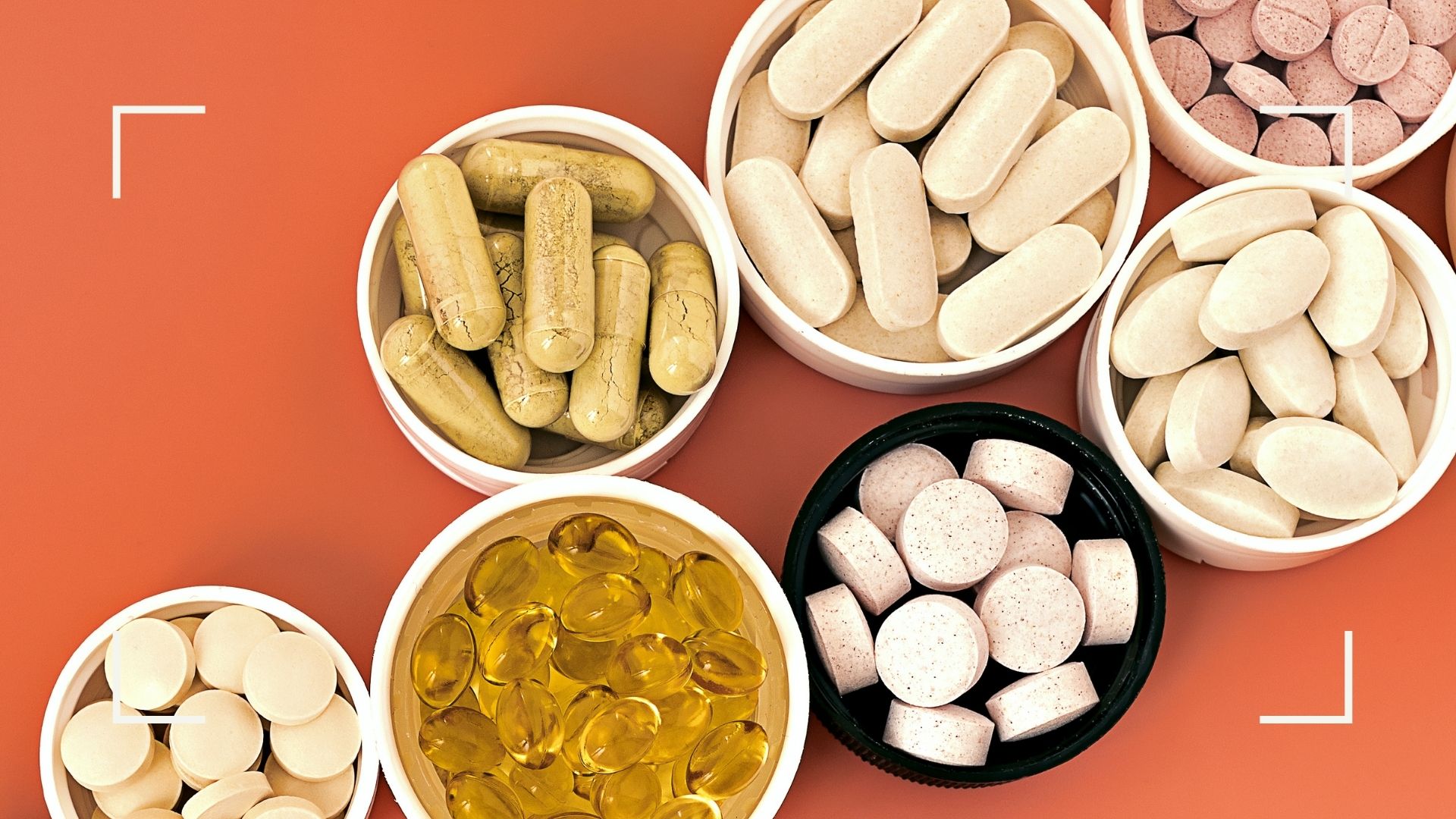

Supplements for sleep could be the answer you're looking for if you're struggling with drifting off to sleep at night, or find you keep waking up at regular intervals. Unlike medication or over-the-counter sleeping pills, they're entirely natural and come with few to no side-effects.
There's nothing worse than lying awake in bed at night, unable to sleep. While the NHS recommends adults aim for between six to nine hours of sleep per night, research from the Centers for Disease Control suggests that only a small percentage of us are meeting this target. As well as feelings of lethargy, tiredness and irritability the following day, a lack of sleep in the longer-term could lead to serious health issues.
But if you've tried improving your sleep hygiene and reading everything there is to know about how to sleep better to no avail, it can be frustrating and difficult to imagine another way to improve your sleep routine.
What are supplements for sleep?
Sleep supplements are a natural remedies designed for those who struggle to get to sleep at night. They're often made up of natural elements and herbal infusions, such as magnesium or lavender oil.
This makes them a lot safer than prescribed or over-the-counter sleeping tablets, especially if you're taking them for a longer period of time. "Some prescription medication used for sleep problems can be addictive or have side effects that can leave you feeling tired or groggy in the morning," explains Sumaiya Patel, resident pharmacist at Pharmacy2U.
"You can also develop tolerance to the effects of some medications meaning they can become less effective over time," she adds. "While supplements can help to create the best bedtime routine for you, so medication isn’t required."
When should you take sleep supplements?
It's best to take sleep supplements between 30 minutes to two hours before bedtime, although it can depend on the supplement you're taking. For example, many oral tablets work best one hour before sleep due to how quickly they enter the blood stream, research from the Orlando Clinical Research Center says. While some CBD for sleep products require a couple of drops throughout the day.
Sign up to our free daily email for the latest royal and entertainment news, interesting opinion, expert advice on styling and beauty trends, and no-nonsense guides to the health and wellness questions you want answered.
For the best results, always read the usage label and consult with a doctor if you're unsure. "Sleep supplements should always be a short-term solution to sleep problems," explains Patel, "If you are having problems sleeping, then you should get support to rule out any underlying causes."
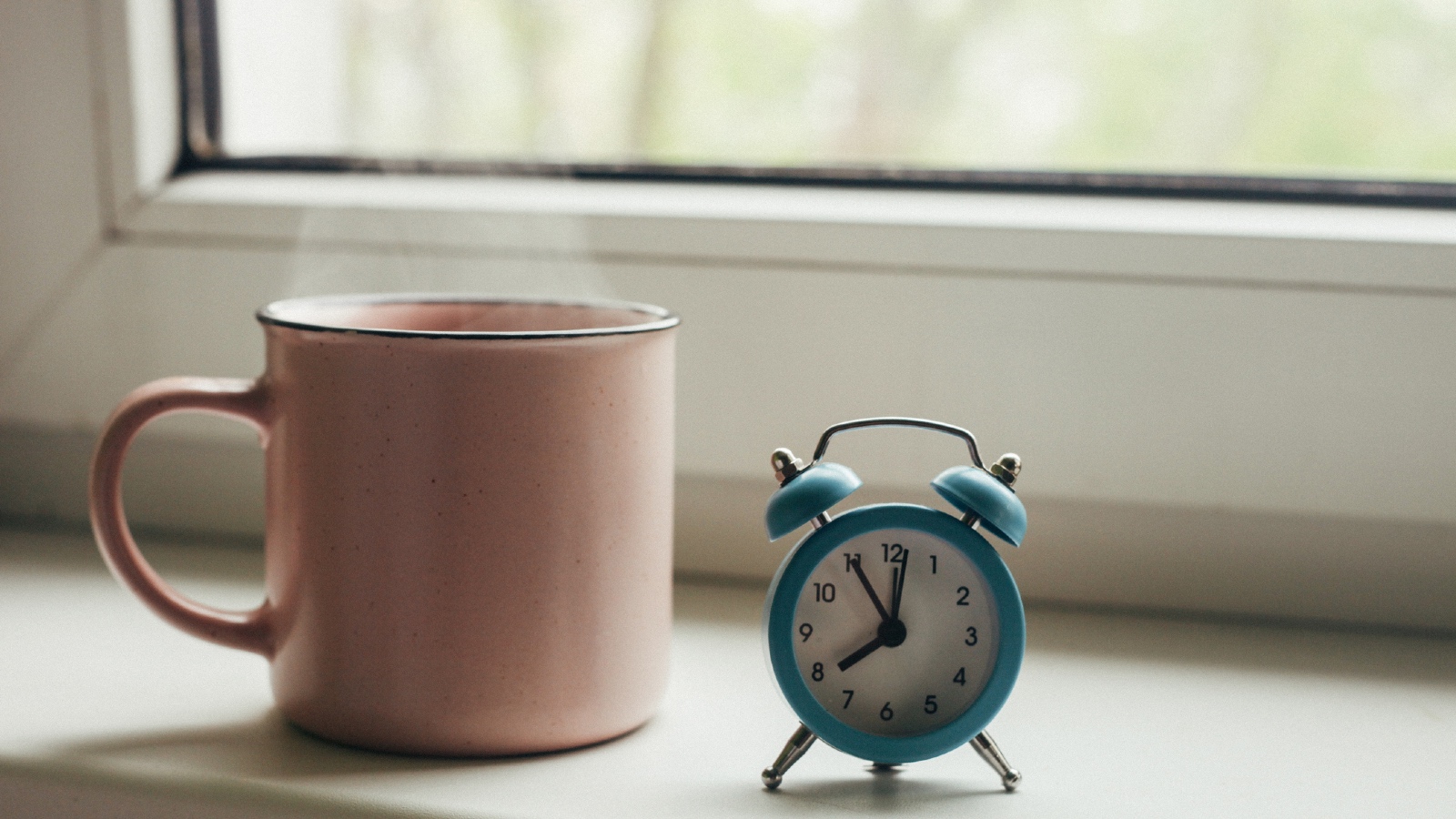
What are the side effects of sleep supplements?
In most cases, there are very few side-effects of sleep supplements. Being natural products, present in many of the foods and drinks we consume day-to-day in higher quantities, you shouldn't experience adverse effects.
But as with any new treatment, there could be a couple of changes in how you feel. "Side effects of sleep supplements tend to be mild but can include headaches, dry mouth, vivid or lucid dreams and upset stomach," pharmacist Sumaiya Patel says.
"Some sleep supplements can interfere with the effectiveness of some medications. It is important that if you are taking medication and want to try sleep supplements you should speak to your pharmacist or doctor to help you make the right choice for you.
Whatever supplement you choose to take, make sure you opt for a herbal remedy that carries the THR kite mark, former chairman of the British Herbal Medicine Association and advisor to Schwabe, Dr Dick Middleton, points out. "This guarantees quality and safety, and it includes approved dosage information in-pack."
What is melatonin and does it help you sleep?
Melatonin is a hormone the brain naturally produces in response to darkness, and it's integral for controlling your sleeping habits as it works alongside your circadian rhythm to let you know it's night and time to fall asleep.
"Melatonin levels rise in the evening and fall in the morning," explains scientist Dr Tim Bond from Puressentiel. "Supplements containing melatonin are often used to encourage sleep, but particularly for people suffering from jet lag or for shift workers where the sleep rhythm has been lost."
While more research is required on exactly how melatonin works, studies from Sampson Regional Medical Center and University of Groningen suggest that it also helps to regulate body temperature, glucose levels, blood pressure and some other hormone levels, a combination of which also helps to promote high-quality sleep in adults.
But as well as helping those who struggle to sleep doze off, melatonin has been proven to help those prone to oversleeping. A study by Utrecht University found the additional supplement to be useful in managing delayed sleep disorder, characterised by an unconventional sleeping pattern where sufferers fall asleep and wake up later.
When it comes to melatonin supplements though, it's prescription-only in the UK. “It is generally safe, but check with your doctor if you plan to try it for the long term,” says Dr Bond. “Plus, a lot more research is needed to see if it is really that effective.”
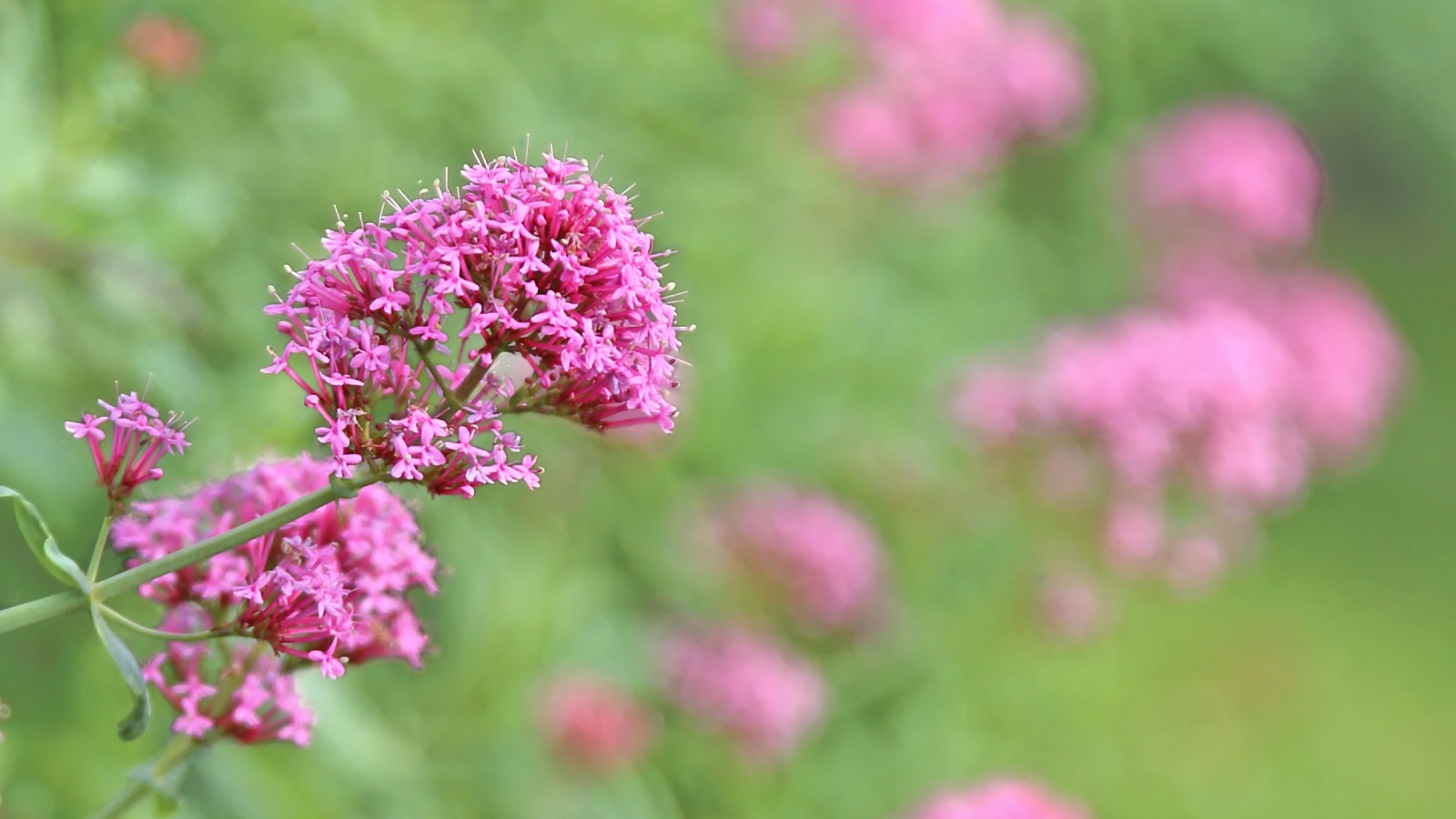
Does lavender help you sleep?
Lavender is one of the most famous supplements for sleep for a reason—it really works. “Lavender oil, taken by mouth in capsule form, has been shown in clinical trials to be very effective in relieving anxiety and worry that is so often the cause of insomnia," explains Dr Middleton.
The same trials, conducted in affiliation with Münster University Hospital in Germany, point out that this due to linalool. One of the key properties in lavender that gives the herb its unique smell, the element was found to promote sedative behaviour, including relaxation and reduced aggression through suppression of the sympathetic nervous system, which is responsible for preparing the body for stress.
To use this supplement most effectively, apply it lightly to your temple or forehead. "Alternatively pour a few drops onto your pillow or in a diffuser, this can also have a calming effect and induce sleep," Dr Middleton says.
Does valerian root help you sleep?
Valerian root is a herb with sedative effects that's been used for hundreds of years. In fact, the earliest-recorded use of the supplement comes from the Middle Ages where it was used to treat insomnia and promote sleep hygiene.
But does it actually work? Research by Sapienza University suggests that there are compounds in valerian (valerenic acid and valerenol) that have a substantial effect on a neurotransmitter in the body called gamma-Aminobutyric acid (GABA).
GABA helps to regulate impulses in the nervous system and it's an important compound for regulating our natural sleep cycles as an elevated amount—caused by supplements like valerian root—will produce a sedative effect and make you fall asleep faster.
It's also thought that the root could help improve serotonin levels, reducing anxiety and lifting mood, making for a relaxed send-off into the world of sleep.
"If you're struggling to drift off, this is one of the supplements for sleep that's definitely worth a try," Dr Bond says.
Does magnesium help you sleep?
Yes, magnesium certainly can contribute to a healthier sleeping pattern. Not only does it work wonders for reducing tiredness and fatigue, it’s also vital for normal functioning of the nervous system and psychological health.
As one study from Tehran University of Medical Sciences found, those who supplemented their diet with 500mg of magnesium at night experienced fewer symptoms of insomnia, including being able to fall asleep fast and sleeping for longer.
It was discovered that the participants of the study also experienced a lower level of cortisol, the stress hormone, in their system and a natural increase in melatonin levels.
But Dr Bond says this finding isn't entirely surprising. Many of us will experience a change in how we feel when we take a magnesium supplement over a period of time as the benefits of magnesium are endless—but it's missing in most of our diets.
"A lack of magnesium in the diet has been linked to difficulties in sleeping and poor sleep quality," he adds.
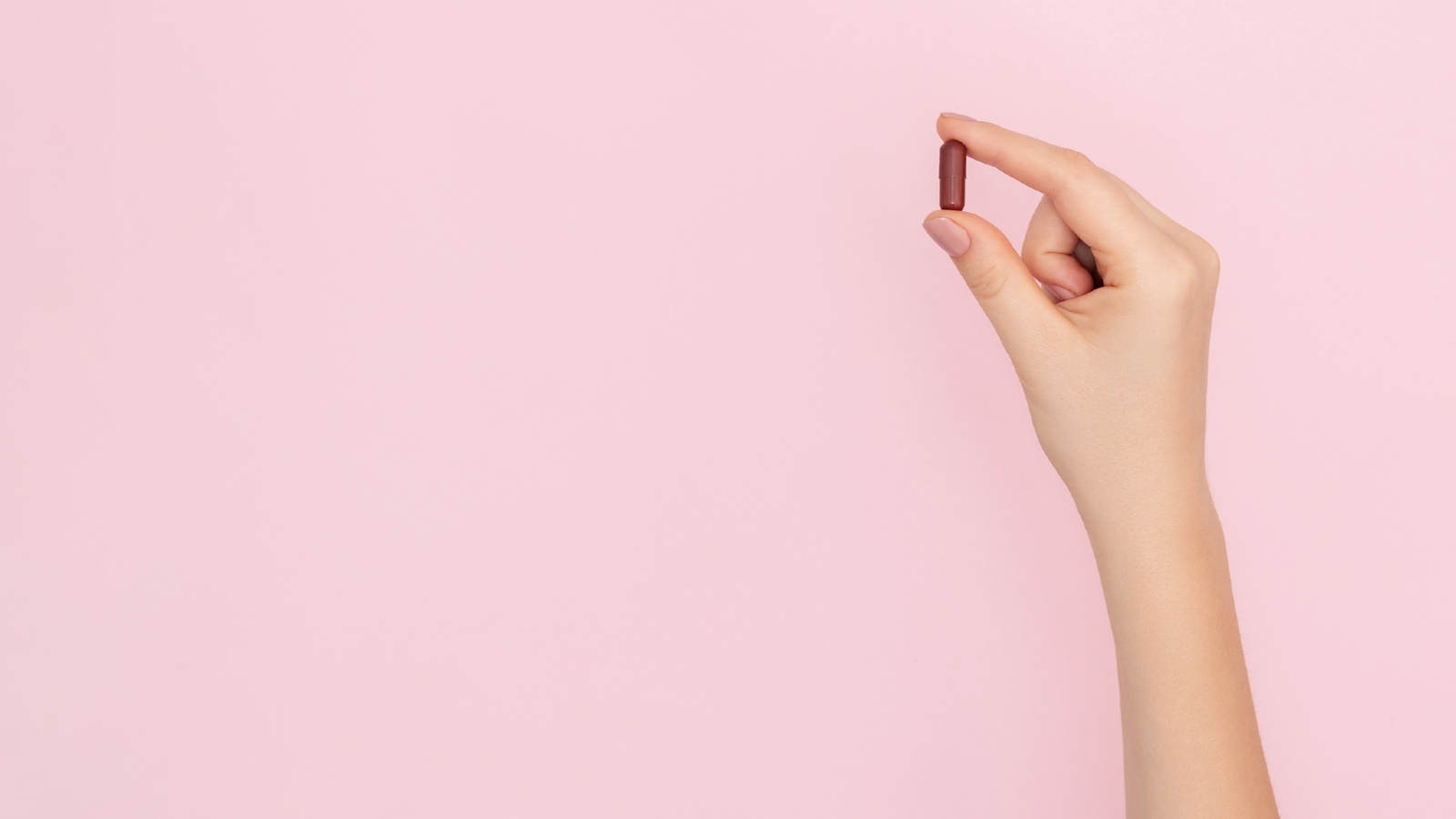
Does ashwagandha have benefits for sleep?
Ashwagandha is natural root extract that has plenty of benefits when it comes to sleep. "It's well-known for its restorative and rejuvenating benefits," nutritional therapist at Innermost, Eleanor Thrupp, says. "It’s used to help the body cope with external stresses including toxins in the environment and internal stresses, such as anxiety and insomnia."
Largely, its benefits have been seen when people want to learn how to fall asleep fast, spend more time asleep or experience overall better sleep quality. As one study from the International Institute of Sleep Sciences showed, taking the herb for six weeks has the potential to improve sleep quality by an impressive 72 percent on average.
But for it to truly be effective, the same research argues, those looking to take it would need to consume 300mg of the extract twice a day.
Is tryptophan good for sleep?
One gram of tryptophan 45 minutes before bed will certainly help you sleep, a study by McGill University suggests. Along with helping to decrease the time it takes to fall asleep for those with mild insomnia and promote restorative sleep throughout the night.
"Tryptophan is only available from your doctor via a prescription for certain types of depression," explains Dr Middleton, "However, a milder derivative is 5-HTP (L-5 Hydroxytryptophan), which is widely available as a food supplement and used by many people for sleep problems, anxiety, low mood and depression."
While it's famous for helping build and maintain muscle mass, and sometimes present in the best protein powders, tryptophan also been proven to aid the body in the production of serotonin.
"The reason 5-HTP is used so widely is that once it’s ingested, it gets converted into serotonin, which is an important chemical in the brain," he adds. Serotonin can then be converted into melatonin which, naturally, plays an important role in regulating sleep.
How do you take passionflower supplements for sleep?
One tablespoon of dried passionflower with hot water should be enough to see the benefits of passionflower for sleep. As a naturally-occurring flower on a particular type of vine, it's most common in the best sleep teas rather than in the form of tablets.
Also known by the name maypop, the purple passionflower helps cure insomnia and anxiety by boosting the GABA level in your brain. As demonstrated by studies from Oregon Health and Science University, GABA compound lessens brain activity, which aids in bringing mind relaxation and better sleep.
This makes it a particularly useful supplement for those whose insomnia is caused by nerves. "It is particularly effective when combined with valerian and is popular for its gentle, non-addictive sedative properties," adds Dr Middleton.
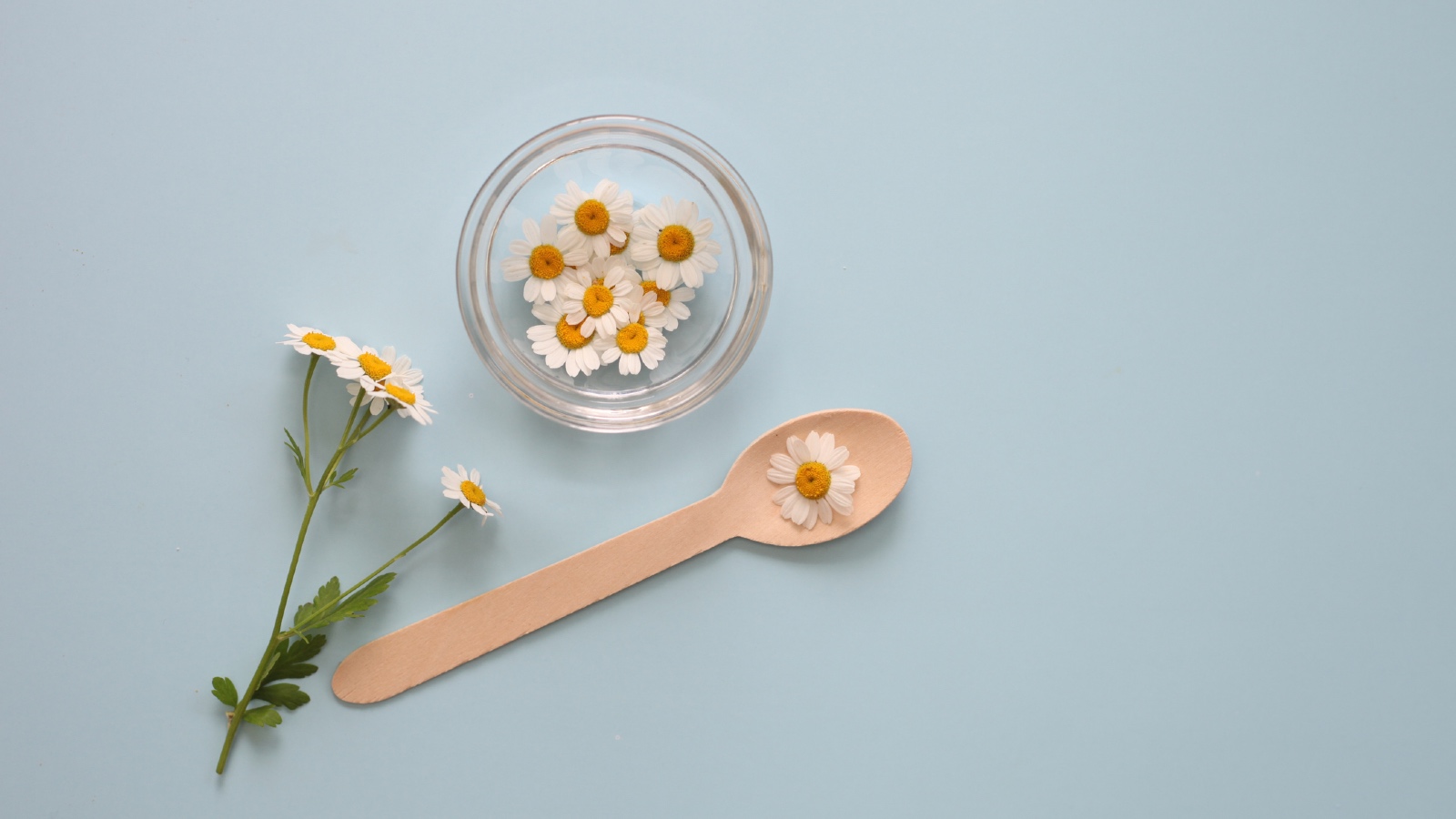
Can chamomile make you sleepy?
There is some evidence that chamomile can promote sleep in those who struggle to doze off, but much like all other supplements for sleep, there is conflicting research due to a lack of studies on the topic and variations in how our bodies respond to herbal medicines.
"It contains apigenin, an antioxidant that binds to certain receptors in your brain that may promote sleepiness and reduce insomnia, or the chronic inability to sleep," says Dr Middleton. "The herb also reduces anxiety and has a calming effect so can particularly help where insomnia is caused by worry and anxiety."
While chamomile is often included in the best sleep teas, much of the evidence suggests that it needs to be in a much higher dosage to be effective. A study by Islamic Azad University offered participants 400mg of chamomile in their experiment and found that the extract did indeed have sedative properties and promote restorative rest. For comparison, the standard chamomile teabag will only contain between half a gram and a gram of chamomile.
This is why sleep supplements, which contain a concentrated level of the herb, are likely going to be more effective than a chamomile tea.

Grace Walsh is woman&home's Health Channel Editor, working across the areas of fitness, nutrition, sleep, mental health, relationships, and sex. She is also a qualified fitness instructor. In 2025, she will be taking on her third marathon in Brighton, completing her first ultra marathon, and qualifying as a certified personal trainer and nutrition coach.
A digital journalist with over seven years experience as a writer and editor for UK publications, Grace has covered (almost) everything in the world of health and wellbeing with bylines in Cosmopolitan, Red, The i Paper, GoodtoKnow, and more.